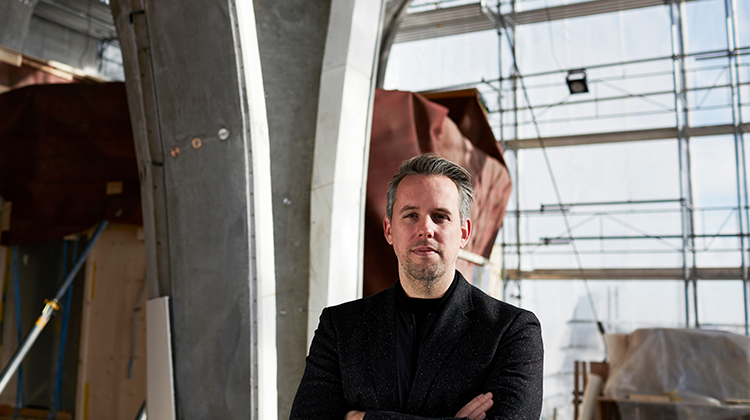4.401
4.464
Environmental Technologies in Buildings
4.401 U (GIR REST) / 4.464J, 1.564J G
Introduction to the study of the thermal and luminous behavior of buildings. Examines the basic scientific principles underlying these phenomena and introduces students to a range of technologies and analysis techniques for designing comfortable indoor environments. Challenges students to apply these techniques and explore the role energy and light can play in shaping architecture.
Additional work required of students taking the graduate version.
Fall
2025
3-2-7
U
3-2-4
G
Schedule
Lecture for all: MW 11-12:30
4.401 lab: F 11-12
4.464 lab: F 10-11
Location
Lecture: 9-354
4.401 lab: 3-442
4.464 lab: 1-134
Required Of
4:401: BSA; 4.464: MArch
Restricted Elective
Architecture minor
Can Be Repeated for Credit
No
Document Uploads



